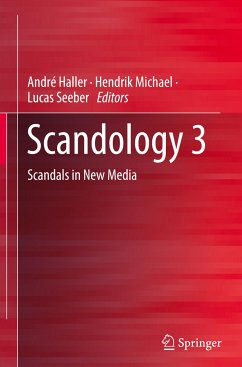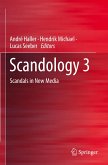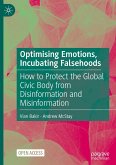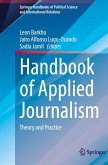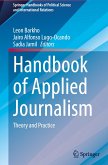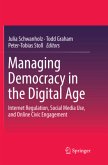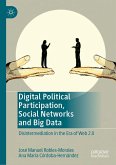This book presents research on mediated scandals and substantiates the understanding of such forms of scandals and their impact on societies. Additionally, it connects the study of scandals with the broader fields of political communication research, organizational communication, journalism studies, and digital communication research.
The authors focus on the 21st century as an age of perpetual scandalization and on digital technologies as a catalyst in this respect. Against this backdrop, the book examines different aspects of the transformation of mediated scandals through digital communication practices.
Topics covered include, but are not limited to, the scandalizing potential of new media and the requirement of modified strategies of reputation management and crisis communication in politics, the entertainment industry, and the economic system among others; a different perspective on professional journalism and scandals created through new media; technological infrastructure and digital tools allowing journalists to establish new means to investigate hard scandals, i.e., substantial financial or political wrongdoings by the economic and political elite.
The book, therefore, is a must-read for researchers and scholars from different disciplines, as well as practitioners and policy-makers interested in a better understanding of the study of scandals, their impact on societies, and their catalyzation through new media.
The authors focus on the 21st century as an age of perpetual scandalization and on digital technologies as a catalyst in this respect. Against this backdrop, the book examines different aspects of the transformation of mediated scandals through digital communication practices.
Topics covered include, but are not limited to, the scandalizing potential of new media and the requirement of modified strategies of reputation management and crisis communication in politics, the entertainment industry, and the economic system among others; a different perspective on professional journalism and scandals created through new media; technological infrastructure and digital tools allowing journalists to establish new means to investigate hard scandals, i.e., substantial financial or political wrongdoings by the economic and political elite.
The book, therefore, is a must-read for researchers and scholars from different disciplines, as well as practitioners and policy-makers interested in a better understanding of the study of scandals, their impact on societies, and their catalyzation through new media.

